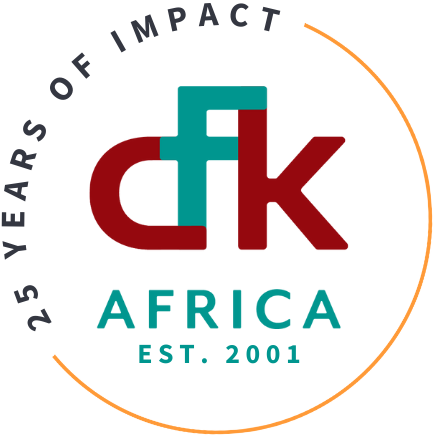“As foods high in sugar, sodium and saturated fat become more readily available, public health concern is increasing around how these foods will affect young people’s diets. This concern is especially notable for those growing up in informal settlements (i.e. slums), such as Kibera, Kenya’s largest slum on the outskirts of Nairobi, where young people may only have access to one or two meals a day and face limited food options.
New research among adolescent girls in Kibera suggests that even though money and lack of variety drive many of the food choices, adolescent girls know about the importance of healthy eating. A complex range of factors influencing their food choices mean that educational messaging alone may not be enough to improve their nutrition.
In the new study, researchers at the UNC Gillings School of Global Public Health worked with CFK Africa (CFK), a leading non-governmental organization in Kenya and long-running UNC partner in global health outreach, to examine the diet quality, level of household hunger and food decision-making among girls aged 15-19 in Kibera. Using surveys, interviews, and focus group discussions with more than 300 girls, the researchers were able to get a clearer picture of how frequently and nutritiously the girls ate and what influenced their food choices.
“This work exemplifies the powerful partnership and mutual respect that we share with Gillings,” said Jeffrey Okoro, CEO at CFK. “It was a combination of strengths, pairing Gillings’ expertise in rigorous, community-based research with the deep-rooted trust and contextual knowledge that CFK has established through over two decades of work with the Kibera community.””
Read the full story in the Gillings School of Global Public Health News.
